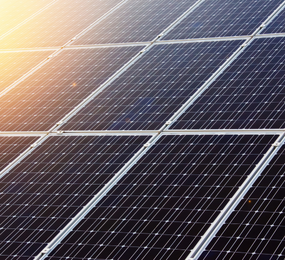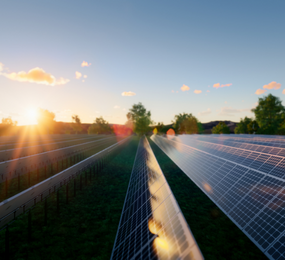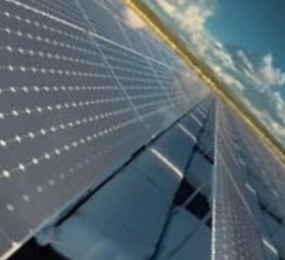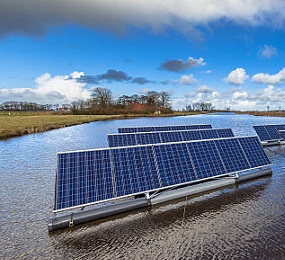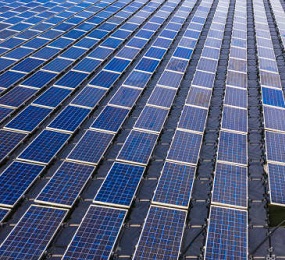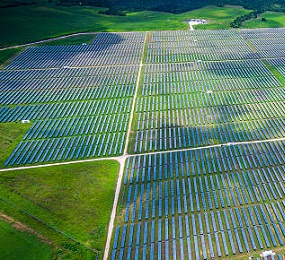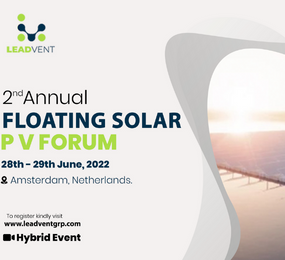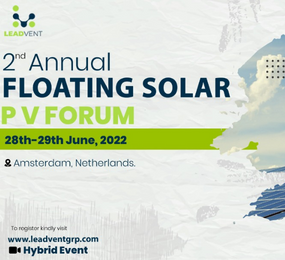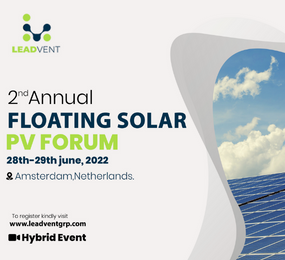Circular economy principles are gaining traction in the renewable energy sector, with a growing emphasis on sustainable material management and resource efficiency in floating solar projects. Recycling materials used in floating solar installations is a key strategy to promote sustainability, reduce environmental impact, and maximize the lifecycle of resources.
Circular economy approaches aim to close the loop of resource use by minimizing waste, extending product lifecycles, and promoting the reuse and recycling of materials. In floating solar projects, this translates to adopting practices that prioritize the recovery and repurposing of materials used in the construction, operation, and decommissioning of installations.
Recycling plays a crucial role in the circular economy approach to floating solar projects. At the end of their lifecycle, solar panels, mounting structures, and other components can be dismantled and processed to recover valuable materials such as glass, aluminum, and silicon. These materials can then be reused or recycled to produce new products or components, minimizing the need for virgin resources and reducing waste.
By incorporating recycling into floating solar projects, stakeholders can promote sustainability and minimize environmental impact throughout the lifecycle of installations. Recycling reduces the demand for raw materials, conserves energy, and mitigates greenhouse gas emissions associated with resource extraction and manufacturing processes. Additionally, by diverting materials from landfills, recycling helps reduce waste and pollution, contributing to a cleaner and healthier environment.
Recycling materials in floating solar projects enhances resource efficiency by maximizing the utility of materials and minimizing waste generation. By recovering valuable resources from decommissioned installations, stakeholders can reduce the environmental footprint of floating solar projects and optimize the use of finite resources in the renewable energy sector.
Circular economy approaches in floating solar projects drive innovation and foster collaboration across the renewable energy industry. By embracing recycling and sustainable material management practices, stakeholders can explore new technologies, processes, and business models that enhance the circularity of floating solar installations and contribute to a more sustainable and resilient energy future.
In conclusion, recycling materials in floating solar projects is a vital component of circular economy approaches that promote sustainability, resource efficiency, and environmental stewardship. By adopting recycling practices, stakeholders can minimize waste, conserve resources, and reduce environmental impact, while driving innovation and advancing the circular economy agenda in the renewable energy sector. As the world continues to transition towards clean energy sources, integrating circular economy principles into floating solar projects will be essential for building a more sustainable and resilient future.
To register or learn more about the Forum please check here: https://bit.ly/46Vw6nm
For more information and group participation, contact us: [email protected]


